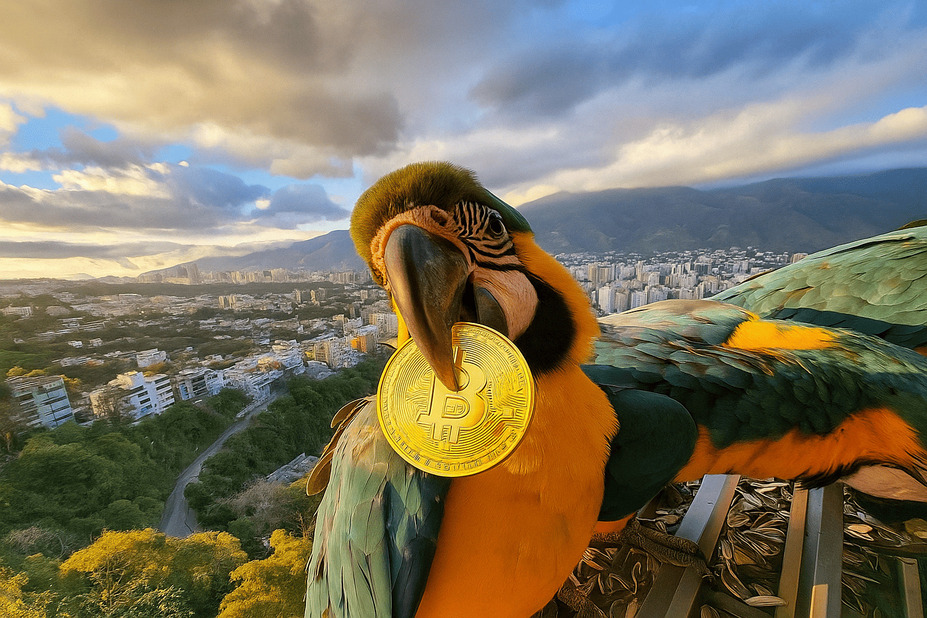Crypto rises in Venezuela as Bolívar collapses

In Venezuela, cryptocurrency is no longer just a niche trend, it’s becoming an essential part of daily life. As the country grapples with hyperinflation and the bolívar’s dramatic plunge in value (over 70% recently), Venezuelans are increasingly turning to digital assets as a way to protect their savings and conduct transactions.
From your neighborhood corner store to major retail chains, businesses across Venezuela are now accepting crypto through platforms like Binance and Airtm. Some are even using stablecoins to pay their employees. Universities are getting in on the action too, offering courses dedicated to understanding and using digital assets.
“There are lots of places accepting it now,” says Victor Sousa, a shopper who recently used USDt to buy phone accessories. “The plan is to one day have my savings in crypto.”
According to the Chainalysis 2024 Crypto Adoption Index report, Venezuela ranks 13th globally in crypto adoption, with a remarkable 110% increase in usage over the past year.
Why crypto? The Bolívar’s downfall
The bolívar’s ongoing struggles are a major driver behind the surge in crypto adoption. Since the government stopped propping up the currency in October, it has lost over 70% of its value. Inflation soared to a staggering 229% in May.
“Venezuelans started using cryptocurrencies out of necessity,” explains economist Aarón Olmos, citing inflation, low wages, foreign currency shortages, and difficulties opening bank accounts as key factors.
Of course, using crypto in Venezuela isn’t always easy. US sanctions on the country’s financial sector mean that Binance has to restrict services linked to sanctioned banks and individuals. Connectivity issues can also be a challenge. Still, experts say the crypto ecosystem in Venezuela is remarkably resilient.
The government’s relationship with crypto has been complicated. In 2018, Venezuela launched its own digital currency, the petro, but the project failed last year. The country’s main crypto exchange regulator was shut down in 2023 amid corruption allegations linked to oil-related transactions.
Crypto remittances: a vital lifeline
Cryptocurrency remittances have become a critical source of support for many Venezuelan families. In 2023, digital assets accounted for 9% of the $5.4 billion in remittances sent to the country, totaling around $461 million.
Families are increasingly choosing cryptocurrencies over traditional remittance services like Western Union, which are often burdened by high fees, delays, and currency shortages.












